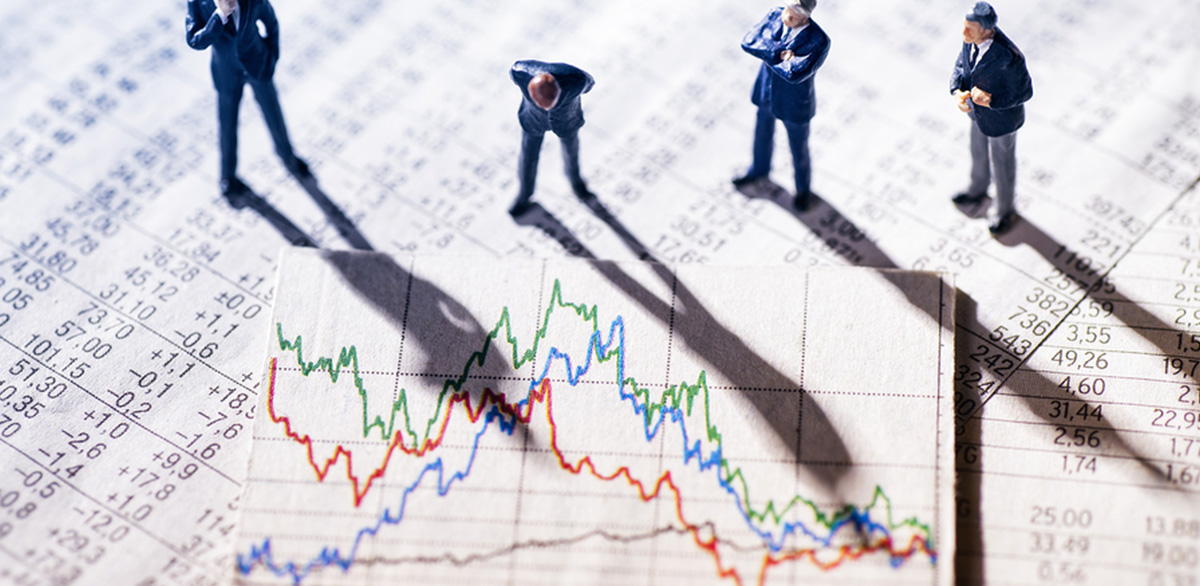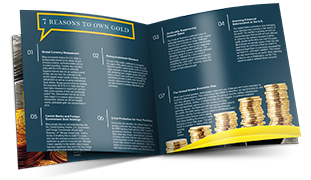
Since the beginning of the year, stock market volatility has been, in a word, extraordinary. Take the S&P 500 as an example: the index added $1.8 trillion in total market cap in the first three weeks of the year, then wiped out $3 trillion in the two-week crash, and then rallied to add back $1.3 trillion. 1 Why is so much value being created and destroyed in such a short period of time? What do these extreme stock market swings mean for precious metals investors?
What Does Volatility Mean?
Historically, extreme volatility has preceded market corrections. In a study by Crestmont Research, researchers found that bull markets which turned into stock market bubbles are clearly characterized by long periods of low volatility, followed by extreme volatility at the apex of market overconfidence, which then continues into the period of the stock market crash. This happened in 2008, 1999, and 1987. Often there were little warning signs of spiking volatility just prior to things getting truly crazy. 2
Even if you consider the problem from a psychological perspective, it’s understandable to feel more confident if you’ve survived the first wave of attack. Thus, markets that are already underpricing risk become even more confident and double down on underpricing risk. This type of behavior is what causes markets to spin out of control over time. Investors should be looking very carefully at the recent stock market drops and subsequent rally and considering whether or not it makes sense in the context of a near-record long economic expansion and a long- overvalued equities market.
Is the Market Heeding the Warning?
There is little about the current markets that gives one hope that caution is the sentiment of the day. The markets are now beginning to display even more signs of the bubble mentality: wild swings in stocks for which there have been no news, exhortations to ‘buy on the dip,’ and reassurances from people who get paid to sell stocks that all is well abound. 3 4
Certain investors have pointed out that the recent corporate tax cuts will provide a large bump in corporate profits, which should in turn provide a short-term bump in equity prices. 5 While this may be true, it does not change the underlying fundamentals of an economy and a stock market that would have folded long ago without the largest monetary policy stimulus in history. Both are due for a correction, and the longer it is stalled, the harder will be the fall.
Risk Averse Investment: Precious Metals
Equities markets may be on the upswing, but they may be set to crash. Investors who try to time the crash with money they might need within the next 5-10 years are playing a risky game. The correction will come sooner rather than later, and when it comes, it will come quickly. Precious metals investors stand to benefit from an early flight to quality. We can’t say the same about those who’ve bet everything on equities.


